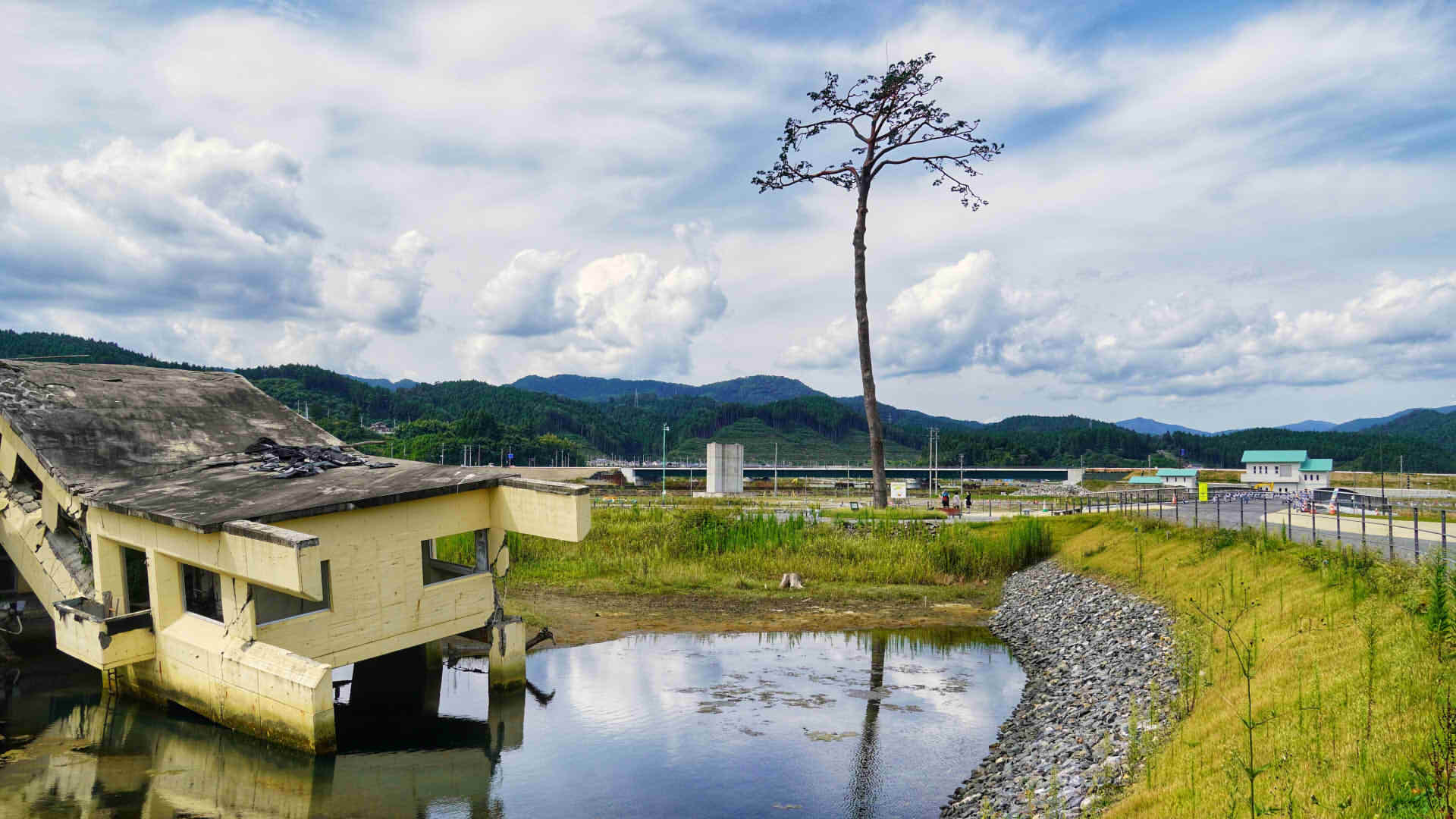
Rikuzentakata is a town located in Iwate Prefecture, in the Tohoku region of Japan. It is situated on the eastern coast of Honshu, Japan’s largest island. The town’s population, which was approximately 23,000 before the disaster, has now decreased to around 19,000 people.
Rikuzentakata was severely affected by the 2011 Tohoku earthquake and tsunami, which devastated much of the northeastern coast of Japan. The tsunami caused extensive damage to the town, destroying countless buildings and homes, and tragically claiming thousands of lives.
One symbol of hope amidst the devastation was the “Miracle Pine Tree,” a lone pine tree that miraculously withstood the tsunami’s force. Though the tree sadly perished later, it remains a symbol of resilience and recovery.
Since the disaster, Rikuzentakata has been actively engaged in rebuilding and recovery efforts. The town has received support from both the Japanese government and the international community and has made significant progress in reconstructing its infrastructure and revitalizing its economy. Extensive seawalls have also been built to protect the town from future tsunamis. However, many challenges remain, and the city continues its ongoing efforts towards full recovery.
Getting there
By Train and Bus
- Take the Tohoku Shinkansen from Tokyo to Ichinoseki Station (about 150 minutes, around 13,000 yen)
- From Ichinoseki Station, take the JR Ofunato Line to Kesennuma Station (about 80 minutes)
- From Kesennuma Station, take a JR Bus to Rikuzentakata (about 30 minutes)
- Total journey: About 2 hours, 1,580 yen
- JR Pass or JR East Tohoku Area Pass can be used
- Connections available every 1-2 hours
By Bus
- Iwate Kenpoku Bus operates buses connecting Ichinoseki Station and Ofunato via Rikuzentakata
- About 2 hours from Ichinoseki to Rikuzentakata, 1,630 yen
By Car
- Routes available from Morioka IC, Miyamori IC, or Ichinoseki IC to Rikuzentakata
Important Notes
- The nearest bus stop is “Rikuzentakata City Hall”
- The JR Ofunato Line between Ofunato-Rikuzentakata-Kesennuma is currently operated by BRT (Bus Rapid Transit)
